Description
If you or a loved one has been prescribed Lyrica 25 mg, you may have questions about its uses, benefits, and potential side effects. Lyrica, also known by its generic name pregabalin, is a medication commonly prescribed to treat various medical conditions, including neuropathic pain, fibromyalgia, and certain types of seizures. In this comprehensive guide, we’ll explore everything you need to know about Lyrica 25mg, including its uses, dosage, side effects, and precautions.
What is Lyrica 25 mg?
Lyrica 25 mg is a low-dose formulation of pregabalin, an anticonvulsant and neuropathic pain agent. It belongs to a class of drugs called gabapentinoids, which work by calming overactive nerves in the body. This medication is often prescribed to manage chronic pain conditions, particularly those caused by nerve damage.
The 25 mg dosage is typically used as a starting dose for patients who are new to the medication or who require a lower dose due to sensitivity or other health conditions. Over time, your doctor may adjust the dosage based on your response to the treatment.
What Conditions Does Lyrica 25 mg Treat?
Lyrica 25mg is FDA-approved to treat several medical conditions, including:
- Neuropathic Pain: This type of pain is caused by nerve damage and is often associated with conditions like diabetes (diabetic neuropathy), shingles (postherpetic neuralgia), or spinal cord injuries.
- Fibromyalgia: Lyrica is one of the few medications approved to manage the widespread pain and fatigue associated with fibromyalgia.
- Epilepsy: Lyrica is used as an adjunctive therapy to control partial-onset seizures in adults.
- Generalized Anxiety Disorder (GAD): In some countries, Lyrica 25mg is prescribed off-label to treat anxiety disorders.
By targeting the overactive nerves responsible for pain and seizures, Lyrica 25 mg helps improve quality of life for many patients.
How to Take Lyrica 25 mg
When starting Lyrica 25 mg, it’s important to follow your doctor’s instructions carefully. Here are some general guidelines:
- Dosage: The typical starting dose for adults is Lyrica 25mg taken two to three times daily. Your doctor may gradually increase the dose based on your response and tolerance, up to a maximum of 600 mg per day for certain conditions.
- Administration: Lyrica can be taken with or without food. Swallow the capsule whole with a glass of water.
- Missed Dose: If you miss a dose, take it as soon as you remember. However, if it’s almost time for your next dose, skip the missed dose and continue with your regular schedule. Do not double the dose.
- Duration of Use: Lyrica is usually prescribed for long-term use. Do not stop taking the medication abruptly, as this can lead to withdrawal symptoms. Always consult your doctor before discontinuing the medication.
Potential Side Effects of Lyrica 25 mg
Like all medications, Lyrica 25mg may cause side effects. While not everyone experiences them, it’s important to be aware of the possible risks. Common side effects include:
- Mild Side Effects:
- Dizziness
- Drowsiness
- Dry mouth
- Blurred vision
- Weight gain
- Swelling in the hands or feet
- Serious Side Effects (seek medical attention if these occur):
- Severe allergic reactions (rash, itching, swelling, difficulty breathing)
- Mood changes (depression, anxiety, suicidal thoughts)
- Muscle pain or weakness
- Vision problems
- Unusual bleeding or bruising
If you experience any severe or persistent side effects, contact your healthcare provider immediately.
Substitutes
Precautions and Warnings
Before starting Lyrica 25 mg, inform your doctor about your medical history, especially if you have:
- Kidney problems (Lyrica is excreted through the kidneys, so dosage adjustments may be needed)
- A history of depression or suicidal thoughts
- Heart problems
- A history of drug or alcohol abuse
Additionally, Lyrica may interact with other medications, including:
- Opioids (increased risk of drowsiness and respiratory depression)
- Benzodiazepines (increased risk of dizziness and sedation)
- Certain diabetes medications (may affect blood sugar levels)
Always inform your doctor about all the medications and supplements you are taking to avoid potential interactions.
Benefits of Lyrica 25 mg
For many patients, Lyrica 25mg offers significant relief from chronic pain and other symptoms. Some of the key benefits include:
- Effective Pain Management: Lyrica is highly effective in reducing neuropathic pain and improving daily functioning.
- Improved Sleep: By alleviating pain, Lyrica can help improve sleep quality for patients with fibromyalgia or nerve pain.
- Seizure Control: For patients with epilepsy, Lyrica can help reduce the frequency and severity of seizures.
- Low Starting Dose: The 25 mg dose is ideal for patients who are sensitive to medications or who require a gradual introduction to the drug.
Tips for Managing Side Effects
If you’re experiencing side effects from Lyrica 25 mg, here are some tips to help manage them:
- Dizziness or Drowsiness: Avoid driving or operating heavy machinery until you know how the medication affects you. Take your dose at bedtime if drowsiness is severe.
- Weight Gain: Monitor your diet and engage in regular physical activity to help control your weight.
- Dry Mouth: Stay hydrated and consider using sugar-free gum or lozenges to stimulate saliva production.
Frequently Asked Questions About Lyrica 25 mg
- Is Lyrica 25 mg addictive?
Lyrica has the potential for misuse and dependence, especially at higher doses. Always take the medication as prescribed and discuss any concerns with your doctor. - Can I drink alcohol while taking Lyrica 25mg?
Alcohol can increase the risk of drowsiness and dizziness when combined with Lyrica. It’s best to avoid or limit alcohol consumption while on this medication. - How long does it take for Lyrica 25 mg to work?
Some patients may notice improvement within a few days, but it can take up to several weeks to experience the full benefits of the medication. - Can I take Lyrica 25 mg during pregnancy?
Lyrica should only be used during pregnancy if clearly needed. Discuss the risks and benefits with your doctor if you are pregnant or planning to become pregnant. - Does Lyrica 25 mg cause weight gain?
Weight gain is a common side effect of Lyrica. Maintaining a healthy diet and exercise routine can help manage this side effect.

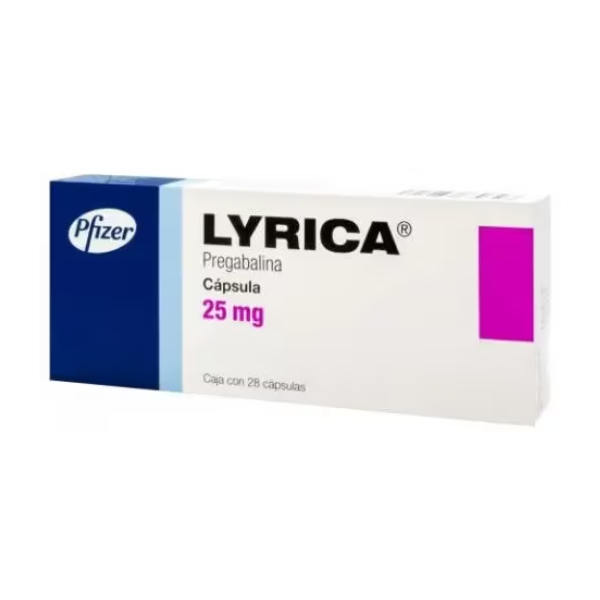
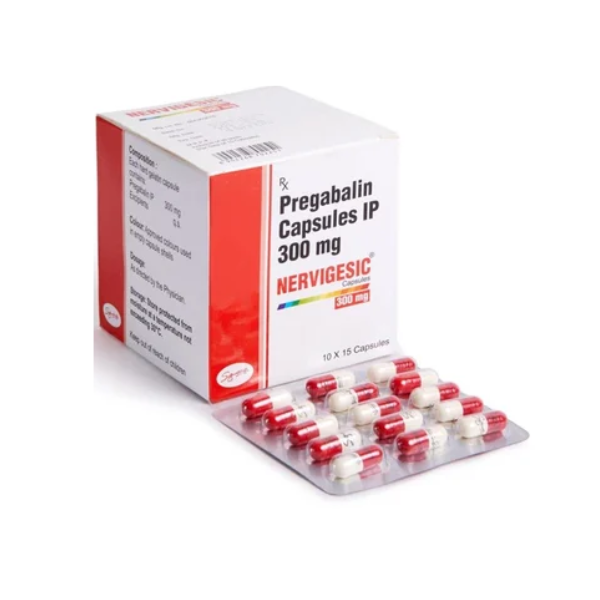

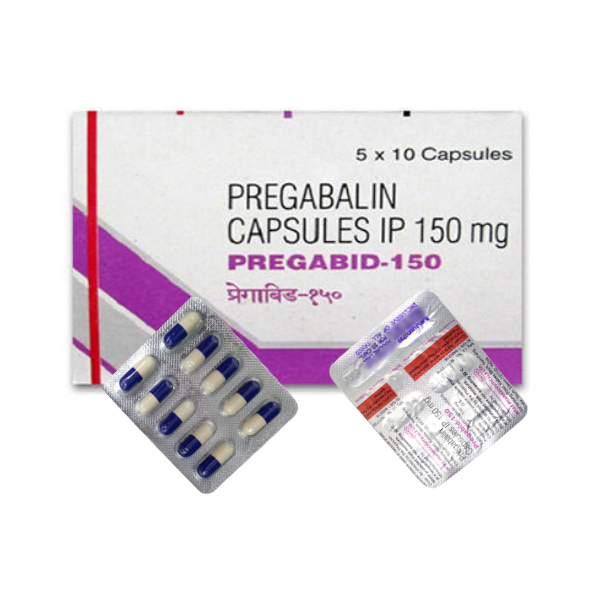
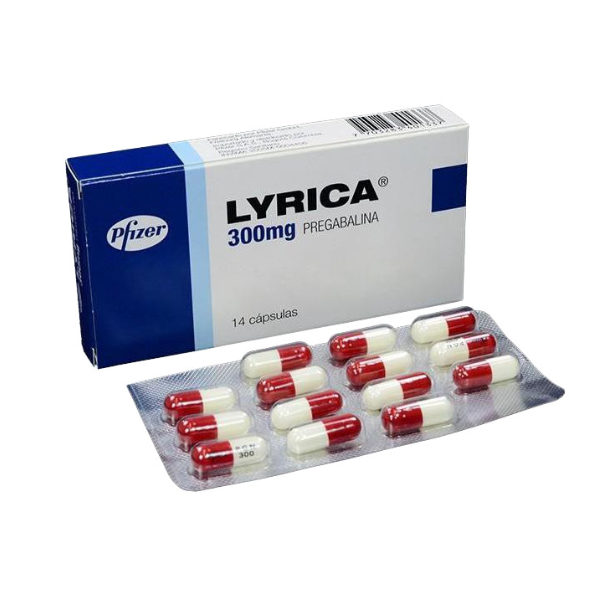


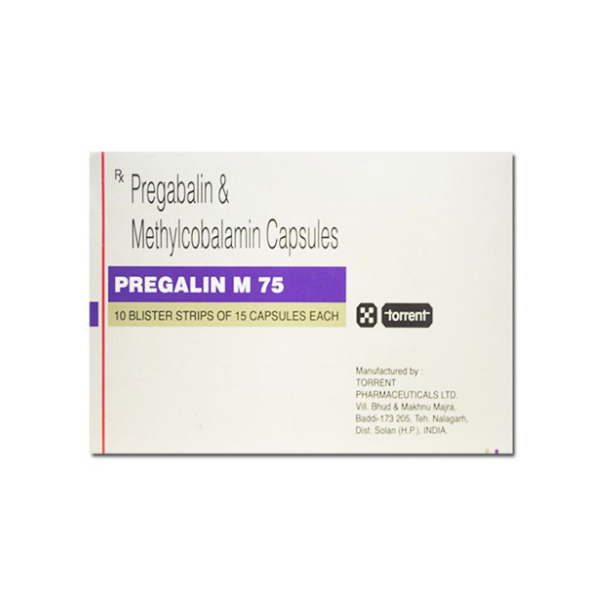
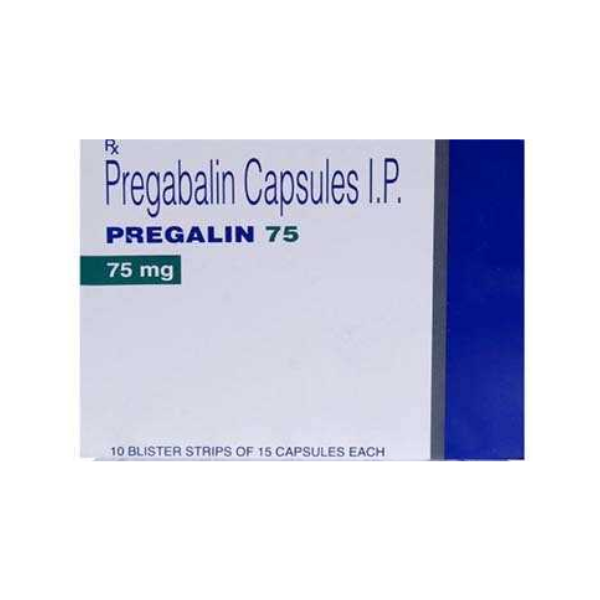

Reviews
There are no reviews yet.